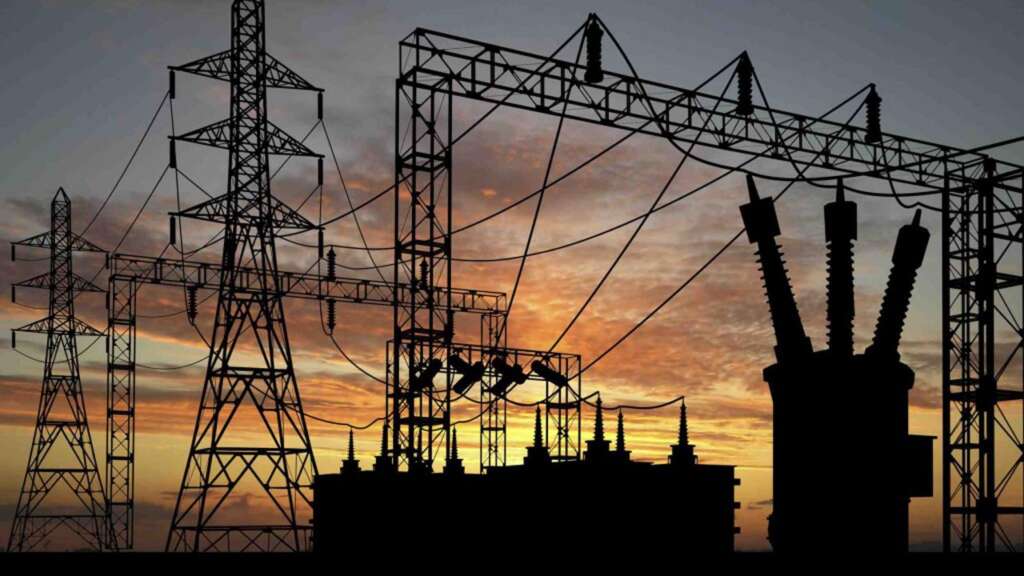Business News
Unified FX Rates: Nigerians to pay more for electricity from December – Experts
The depreciation of the naira at the I&E window is likely to have a significant impact on the cost of electricity in Nigeria…

The Central Bank of Nigeria (CBN) has unified the naira exchange rate, which has led to the depreciation of the naira at the investor and exporter window. This is expected to increase electricity prices in Nigeria, as the cost of importing fuel and other inputs will rise.
CBN’s decision to unify the naira exchange rate was made in an effort to enhance liquidity and stability in the Nigerian Foreign Exchange (FX) Market. Under the new policy, all transactions will be conducted through the Investors and Exporters (I&E) window, where the exchange rate will be determined by market forces.
The depreciation of the naira at the I&E window is likely to have a significant impact on the cost of electricity in Nigeria. This is because the majority of Nigeria’s electricity is generated using imported fuel, and the cost of fuel will rise as the naira depreciates.
This increase in electricity prices is likely to have a negative impact on businesses and consumers in Nigeria. Businesses will face higher costs, which could lead to job losses and higher prices for goods and services. Consumers will also face higher electricity bills, which could put a strain on household budgets.
The CBN’s decision to unify the naira exchange rate is a significant policy change with the potential to have a major impact on the Nigerian economy. It remains to be seen how the market will react to the new policy, and what the long-term implications will be.
Electricity Tariffs and Unification of Exchange Rates
The country’s electrical rates, however, could potentially be impacted by the unification of the exchange rate. When a minor review is undertaken in December, experts in the electrical sector advise Nigerians to prepare for a rise in electricity rates soon.
Energy Markets and Rates Consultants Director, Dr Damilola Oluwole argues that current electricity tariffs are created with the inflation rate taken into consideration.
Based on historical average rates from the National Bureau of Statistics (NBS), the inflation rate for tariffs is currently around 22.4%, to be exact. Consequently, it is anticipated that the impact of tariffs will likewise be minimal as a result of the CPI’s minor increase.
The foreign exchange (FX) rate used in the tariffs is based on the six-month rolling average CBN rate plus a 1% premium. Dr Oluwole adds that the rate of USD/NGN 467.53 is obtained using the data from the CBN’s website, which is a slight improvement above the current rate of USD/NGN 441.48.
This suggests that the recent circular issued by the CBN regarding rate guidance based on the I&E window will not fully take effect until the bi-annual tariff reviews in December 2023, at which point the I&E window rates will have been in effect for six months.
“From FMDQ’s website, the I&E window closed at USD/NGN 663 on Friday 16th June. If we assume that figure is used for December 2023 tariffs and hold all other factors constant, an increase of about 25-30% in average tariffs can be expected for some distribution companies (DisCos),” he said.
The CEO of the power consulting firm New Hampshire Capital, Odion Omonfoman, expressed a similar opinion. He claims that the inflation rate and rising foreign exchange rates serve as the two main determinants of end-user tariff revisions. Tariffs for end users would be impacted by any further inflationary pressure.
Although a single exchange rate is good for the economy, consumers will pay more for electricity and other forms of energy as a result. Due to the disparity between the CBN rate and the new unified rates, electricity rates will increase dramatically as a result of the exchange rate unification.
The fixed currency rate utilized in the MYTO 2022 is also no longer valid due to the fluctuation in exchange rates. In order to determine the appropriate exchange rate during tariff adjustment periods, the Nigerian Electricity Regulatory Commission (NERC) will need to develop a new approach.
According to him, electricity tariffs may experience sizable increases or drops on a quarterly or biannual basis as a result of changing currency rates.
He further stated that end-user tariffs must be used to recoup costs incurred by entities in the power sector (such as DisCos, Gencos, etc.). Cables, transformers, sub-station hardware, software licensing, and other imported electrical equipment are some examples.
Customers may also have to pay more for prepaid electricity meters under the meter asset provider (MAP) scheme.
Furthermore, the price of gas, a major component of wholesale electricity tariffs, will increase in Naira terms, which will be passed on to end-user electricity tariffs. In conclusion, electricity customers should prepare for higher electricity tariffs starting from July 2023.
More News On RNN
Benefits of the newly signed electricity act bill by President Tinubu
Nigerians Spent #259.9bn on electricity in seven months
Abia Communities get Electricity for the first time in 30 years.
JUST IN: Blackout in Kaduna, as electricity workers Join strike
